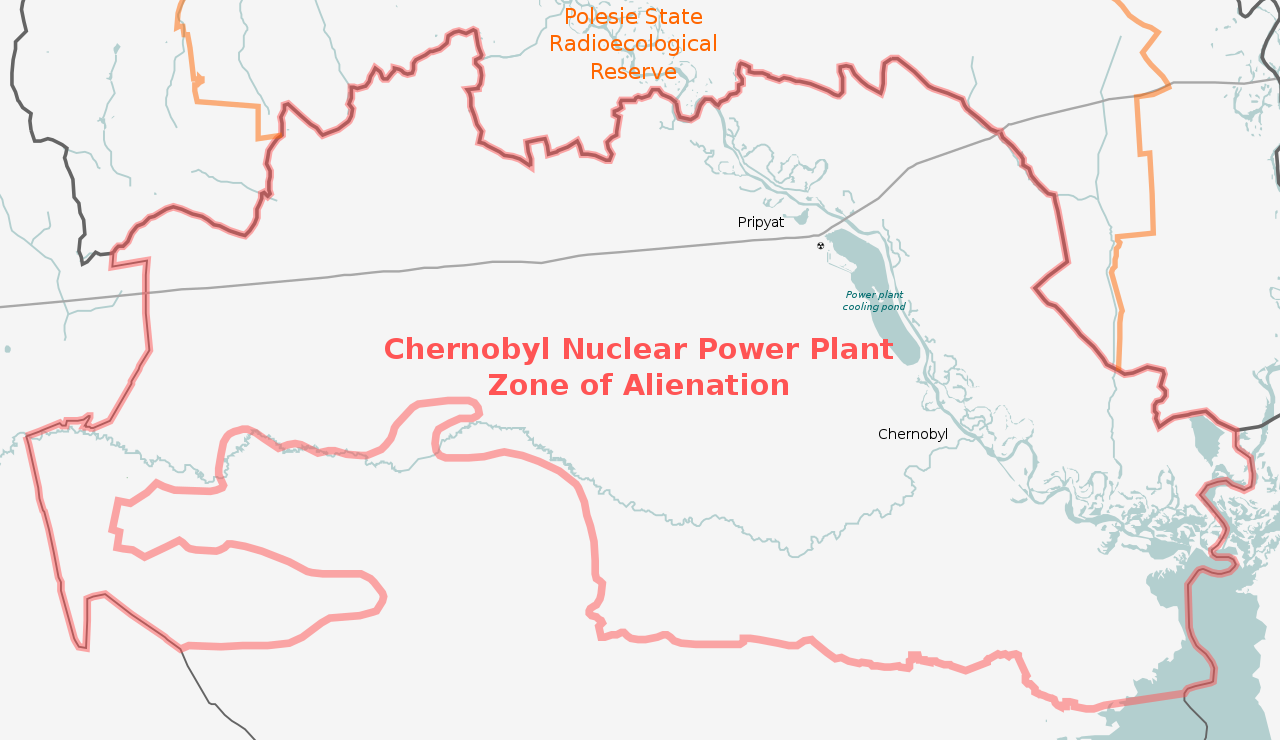Part 3 of 3 Parts (Please read Part 1 and 2 first)
There were no accommodations for workers to stay overnight at the Chernobyl plant so they set up a temporary dormitory. Some workers are sleeping on camp beds and tables, others are sleeping on the floor. In order to get some downtime, the workers have arranged shifts so that one group can work while the other group sleeps.
The families of the workers trapped at Chernobyl say that this is a difficult time. Mayor Romichev said “Some of the workers require medication which is limited at the plant, and that adds extra worries for the relatives. We have to tell them that there is currently no safe way of getting the workers out of there.”
Workers trapped at the Chernobyl plant are feeing the physical and psychological effects being forced to work and live for over a week at a decommissioned nuclear power plant. There are fears that such stress could be impacting their ability to safely and competently carry out their duties. Mayor Fomichev said, “Under these conditions, the workers’ concentration gets worse and worse, and that is a threat to safety. It may not be a working power plant, but it still requires a lot of attention to make sure all systems are working normally.”
Rafael Grossi is the director general of the International Atomic Energy Agency. He has repeatedly pointed out the need for the workers at Chernobyl to be able to rest in order to carry out their jobs safely. He said in an interview that he had conveyed that message to the Russians. Nuclear experts say that because Chernobyl is not function nuclear power plant, there is limited danger to public health.
James Smith is a professor of environmental science at the university of Portsmouth. He has been researching Chernobyl for many years and has visited the site many times. He said, “The last reactor shut down in the year 2000, so the spent nuclear fuel… is not significantly heat-generating anymore.” He went on to explain that this makes it extremely unlikely that a major release of radioactivity could happen. However, radiation levels did spike in the area when the plant was seized because of dust stirred up by the movement of heavy military vehicles.
While the risk of a major nuclear catastrophe may be low, the emotional cost to the workers trapped at the plant and their families is high. Relatives of one of the workers at the plant said, “All the staff are super exhausted and desperate. They doubt that anyone cares about them. Right now they don’t see anyone doing anything to rescue them.” In an interview with the BBC, she appealed to the IAEA to intervene so the current batch of workers could leave, and a fresh crew take over.
Grossi said that he had made contact with both the Ukrainian and Russia authorities in an attempt to improve safety at Chernobyl and Ukraine’s operating nuclear power plants where experts say that the consequences of open conflict could be more serious. Nothing definite has been arranged.
Radioactive Waste 845 – Russian Troops Take The Chernobyl Nuclear Power Plant In Ukraine – Part 3 of 3 Parts

